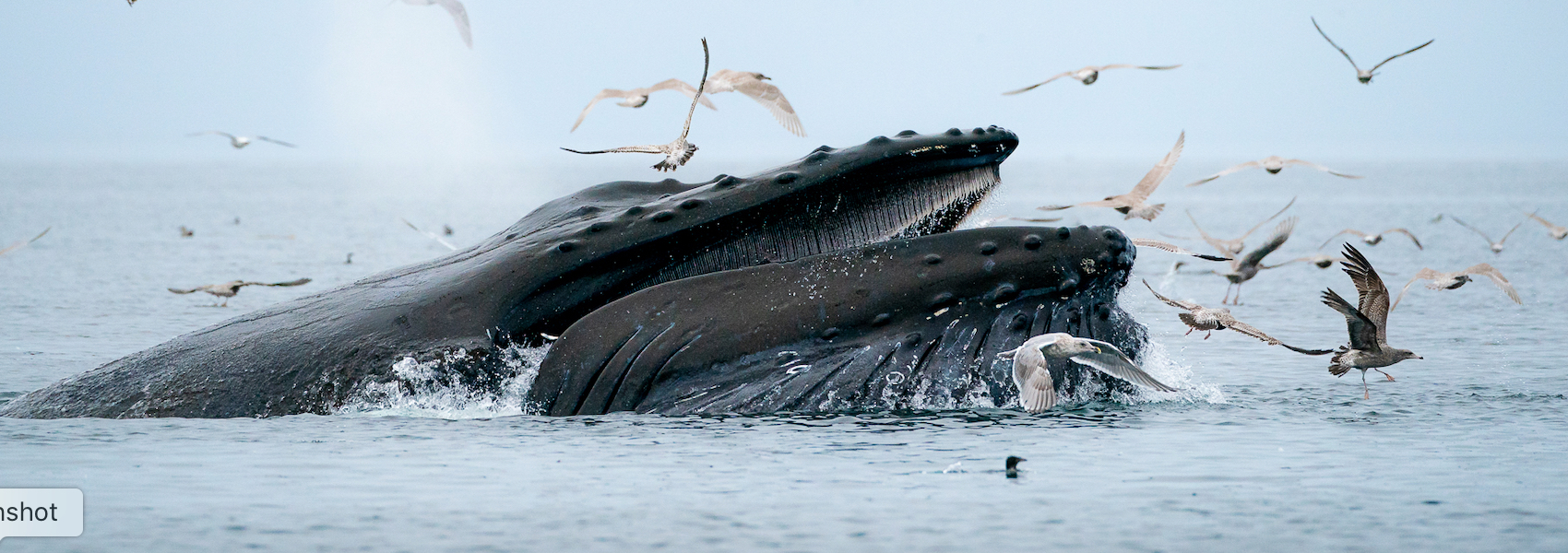Thank you for your interest in joining the Oceans Initiative team. We do not have any open positions available at this time. The best way to hear about upcoming opportunities is to sign up for our newsletter and be sure to follow us on LinkedIn, Instagram, and Facebook.

